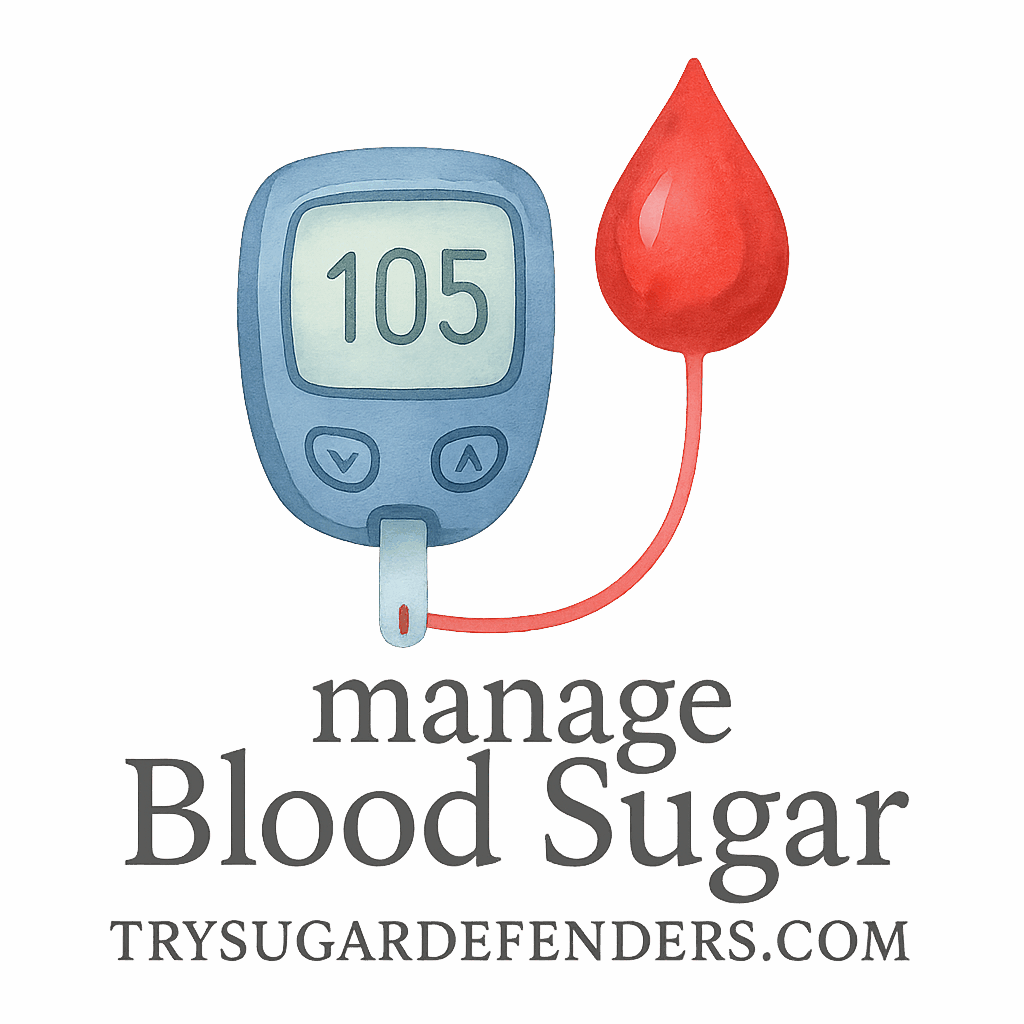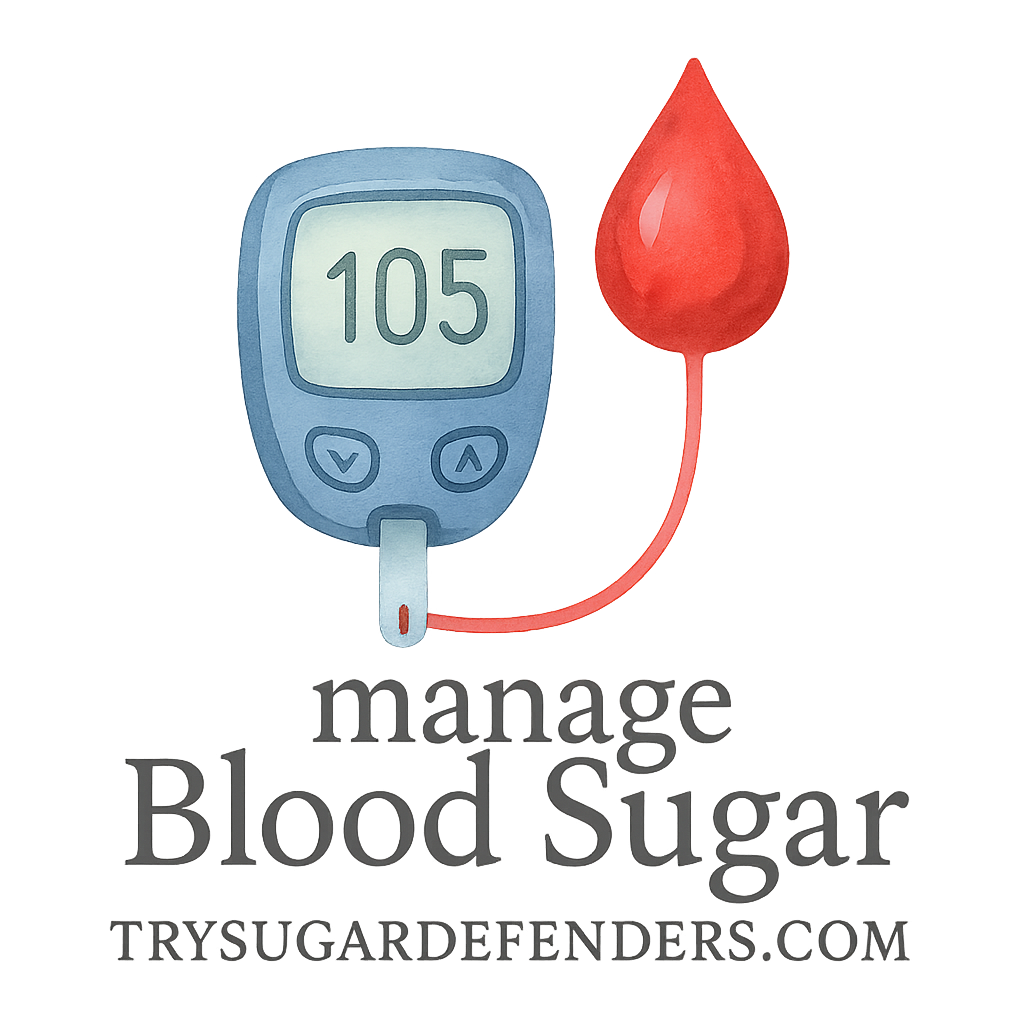Introduction
Ever wonder why doctors, nutritionists, and even your health-conscious friend rave about the Mediterranean diet? It’s not just a trendy food plan—it’s a lifestyle that could seriously change your health. Especially if you’re looking to manage or prevent diabetes, the Mediterranean diet for blood sugar control is a game-changer.
What is the Mediterranean Diet?
Historical Origins and Core Principles
The Mediterranean diet isn’t just a modern idea—it’s rooted in the traditional eating habits of countries bordering the Mediterranean Sea, like Greece, Italy, and Spain. It focuses on real, whole foods, shared meals, and a balance that most fad diets totally ignore.
Typical Foods Included
You’ll be filling your plate with:
- Fruits and vegetables
- Whole grains
- Nuts and seeds
- Legumes
- Olive oil (the star of the show!)
- Moderate fish and poultry
- Limited red meat
Foods to Avoid
Say goodbye to processed junk. The diet minimizes:
- Refined sugars
- White bread and pasta
- Soda and sugary drinks
- Processed meats and fast food
Why Blood Sugar Control Matters
Dangers of Uncontrolled Blood Sugar
Unstable blood sugar levels can lead to some scary complications, including:
- Type 2 diabetes
- Nerve damage
- Kidney disease
- Heart problems
Link Between Diet and Diabetes
Your diet plays a huge role in how your body processes glucose. Eating the right kinds of food can make a dramatic difference, which is where the Mediterranean lifestyle comes in.
Benefit #1: Supports Stable Blood Sugar Levels
Low Glycemic Index Foods
The Mediterranean diet is full of low-GI foods like lentils, oats, and apples, which digest slowly and keep your blood sugar steady—no more crazy spikes or crashes.
Balanced Macronutrient Profile
It’s not about cutting all carbs or fats. This diet gives you a balance of complex carbs, healthy fats, and lean protein, helping your body process food more efficiently.
Explore more on diet and nutrition for blood sugar support.
Benefit #2: Encourages Healthy Weight Management
Healthy Fats and Satiety
Thanks to olive oil, avocados, and nuts, you’ll feel full longer. That reduces unnecessary snacking, helping with weight loss or maintenance.
Reduced Processed Food Intake
When you cut out heavily processed and sugary foods, you’re naturally cutting calories and chemicals that sabotage your metabolism.
Check out our insights on exercise and lifestyle that pair well with this diet.

Benefit #3: Reduces Insulin Resistance
Anti-Inflammatory Properties
Chronic inflammation is a big player in insulin resistance. The Mediterranean diet’s anti-inflammatory foods (like berries, leafy greens, and fish) help combat that.
Fiber-Rich Foods
Fiber slows down sugar absorption, and this diet is bursting with it—beans, whole grains, and vegetables galore.
Read more on behavioral and mental strategies that complement your dietary goals.
Benefit #4: Improves Heart Health
Heart-Healthy Fats and Antioxidants
Olive oil, fish, and veggies work together to reduce cholesterol and blood pressure. That’s a double win for your heart and your blood sugar.
Reduced Risk of Cardiovascular Disease
Since heart disease and diabetes are often linked, eating for your heart automatically helps your blood sugar.
For more on the benefits, visit tag/benefits.
Benefit #5: Promotes Long-Term Healthy Habits
Culturally Sustainable Lifestyle
Unlike restrictive diets, this one is enjoyable and realistic for the long haul. Plus, it’s great for family meals and social gatherings.
Behavioral and Mental Strategies
Mindful eating, portion control, and intentional food choices are easier when you’re following a sustainable plan. Check out these mental strategies to keep you on track.
How to Start the Mediterranean Diet
Step-by-Step Implementation Plan
- Swap butter for olive oil.
- Eat fish twice a week.
- Load up on veggies.
- Choose whole grains.
- Snack on nuts.
Sample Daily Meal Plan
- Breakfast: Greek yogurt with berries and chia seeds
- Lunch: Quinoa salad with chickpeas, cucumbers, and olive oil dressing
- Dinner: Grilled salmon, roasted vegetables, and a side of brown rice
- Snack: A handful of almonds or an apple
Tips for Maintaining Blood Sugar Control on the Mediterranean Diet
Smart Monitoring and Tracking
Use apps or devices to track your blood sugar levels. More on monitoring and tracking.
Exercise and Lifestyle Integration
Regular physical activity boosts insulin sensitivity. Pair your diet with movement—see exercise tips here.
Consulting with Medical Experts
Always get professional input. Visit our section on consultation and doctor resources.
Conclusion
If you’re looking for a natural, delicious, and sustainable way to manage your blood sugar, the Mediterranean diet checks all the boxes. From promoting heart health to fighting inflammation and making long-term healthy eating enjoyable, it’s the lifestyle shift your body will thank you for.
FAQs
- Can I follow the Mediterranean diet if I’m vegetarian? Yes! Simply swap fish and poultry for plant-based proteins like legumes, tofu, and tempeh.
- Does the Mediterranean diet help with weight loss? Absolutely. The focus on whole foods and healthy fats helps reduce cravings and overeating.
- How quickly can I see improvements in my blood sugar? Some people notice changes in a few weeks, especially when combining the diet with exercise.
- Is wine allowed in the Mediterranean diet? In moderation—usually red wine, and typically one glass per day with meals.
- Do I need to count calories on this diet? Not necessarily. It’s more about the quality of food and mindful eating than strict calorie counting.
- Can I eat pasta on the Mediterranean diet? Yes, but go for whole grain pasta and keep portions moderate.
- What’s the best way to transition into this diet? Start small. Replace one meal at a time and gradually increase your intake of Mediterranean staples.
For more guidance, visit our tag/guide and diet sections.


